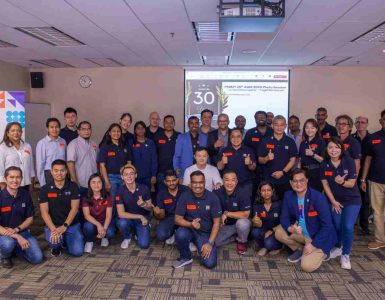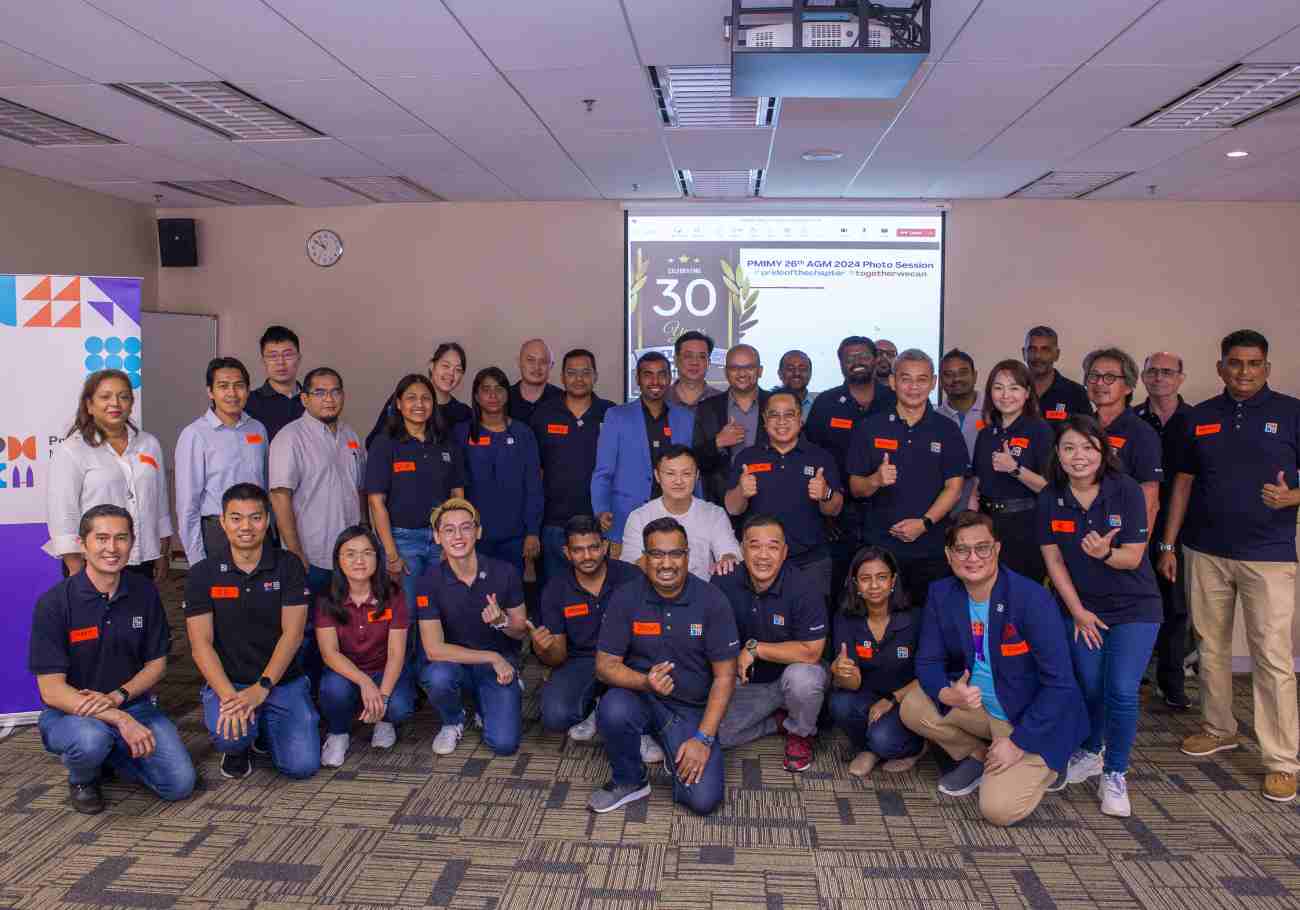BY DERRICK PAULO
It is not only that the consumer is king. When it comes to media consumption, the consumer has changed, and media companies will have to change if they want to remain relevant in the digital age.
To media consultant Saul Berman, this applies across the industry, from music and movies to broadcasters and the news media.
In music, it has been about a decade since the likes of Napster precipitated a shake-up in the recording industry. In the news media, the challenge of change is now upon us.
As a partner at IBM Business Consulting Services, Dr Berman looks at how media companies can make money in these times. Important as that is, there is another, more pressing conundrum – from a journalistic point of view – that he acknowledges in a recent one-hour interview: How to get consumers, the public, to place their trust in a news media organisation?
This, at a time when Dr Berman sees people putting more faith in “what their friends and brand-name, trusted bloggers that they follow have to say than they do, in many cases, in traditional sources of information”.
“Each person is seeming to form their own opinion (on what they should believe) and, increasingly, they place their trust on their social community,” he said. “Sometimes that’s because (these sources) say things they want to hear and tell them things that are aligned to their beliefs.”
It is happening in the United States, when those of certain political persuasions choose to believe in Fox News. It also happens now, across the world, when people seek out references in social networks or websites when they want to buy a product or service.
That audiences are fragmenting, making the world flatter and information flow faster, is an observation others have made as well.
The media’s response, according to Dr Berman, should be to have multiple brands and different products that will be trusted sources to “talk” to different groups respectively, such as teenagers versus their parents.
Or in other words, as the market fragments, media companies should segment – by content, or by distribution channels, for example – even as they try to build up trust.
“In most cases, the consumer would identify increasingly with the writer or the individual, with the movie title, not the studio, with the song or the artiste, not the recording company,” Dr Berman said. “Increasingly, it’s the brand that will have the value … and if you’re a big company, you can leverage on a brand in more ways. If you’re a small company, you can create that brand but you don’t have as much leverage to deploy that brand.”
With his consultancy work taking him to many countries, including in Asia and about once a year in Singapore, Dr Berman has seen such struggles that some media companies go through, given today’s digital consumers.
But, journalistically speaking, segmentation is not the most difficult part.
With some people preferring to get the hard news, others more interested in opinions and a growing number who want to participate in news gathering, Dr Berman believes that news outlets have to be “curators” and editors of the news rather than just creators of news content.
“If you were following the story on Libya, the best way to follow that were the tweets and the blogs being posted by lots of different people,” he cited. “So, increasingly, the news organisation becomes a platform to share that and becomes a curator of which of that to put on the air … (and) not necessarily only using its own news gathering organisation.”
It is a model that most news organisations would chafe at, as Dr Berman has witnessed. How to vouch for the accuracy of information, after all?
But he thinks the media cannot already guarantee that. “If I’m a news company here or in the US and I use a videotape from Al Jazeera, how do I validate that? Or say I use one of their reports because I don’t have somebody covering their story … how do you know they got the story right?” he said.
If a news organisation can be a trusted source, it should be “the authoritative aggregator of news on all the subjects that interest people”.
“Increasingly, that’s what the consumer wants. They want to be able to hear what different opinions are on a particular subject,” he said. “Like when I go to buy music, many of the music companies had their own websites where you could go buy their music. Why can’t I buy it all at one place … So, when I go online, why should I have to go to 10 different websites to find out about the news.”
The good news for news organisations, said Dr Berman, who recently wrote the book Not for Free: Revenue Strategies for a New World, is that consumers will be willing to pay for content they want.
That does not only mean subscription fees. Some news consumers will pay for certain pieces, in an a la carte way, while others will pay for bundled content. Some will pay for news online, while others will pay for mobile news.
His key message is that different people will pay in different ways. And not everyone needs to pay. It is likely that some things are not about to change. After all, there is still the advertising dollar.
Derrick A Paulo is Voices Editor at Today.
– Today Online
Picture taken from: http://blog.metaprinter.com












